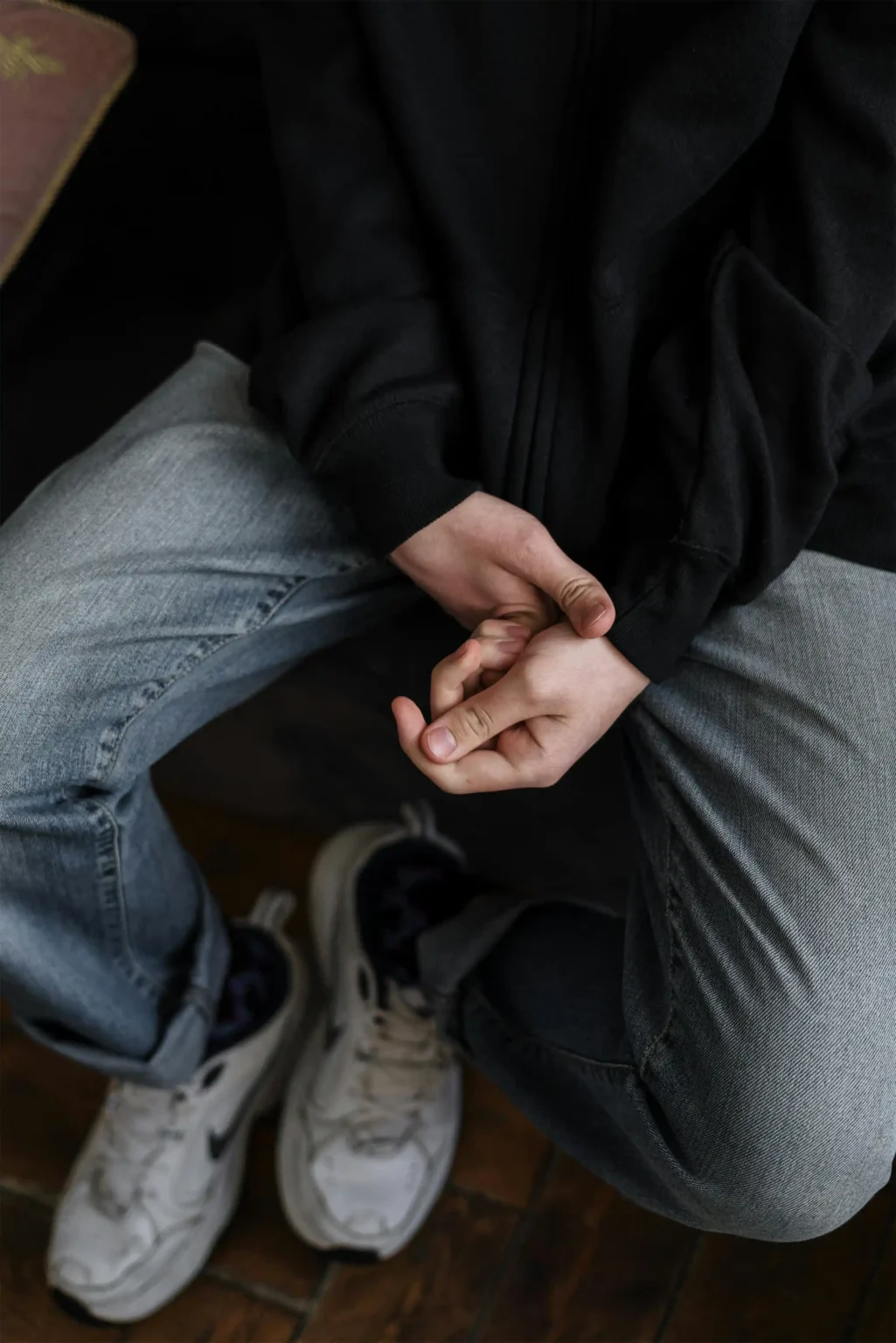- Locations
Recovery starts here
Freedom from addiction is just one call away
- Treatment Overview
Levels of Care
Substance Addictions We Treat
Treatment Therapies
Recovery starts here
Freedom from addiction is just one call away
- Admissions
Recovery starts here
Freedom from addiction is just one call away
- Why Pinnacle
Recovery starts here
Freedom from addiction is just one call away
- Resources
Recovery starts here
Freedom from addiction is just one call away
ContactCareers
Locations
Treatment Overview
Levels of Care
Outpatient Treatment
Aftercare & Recovery
Substance Addictions We Treat
Treatment Therapies
Individual Therapy
Alternative Therapies
Admissions
Why Pinnacle
Resources
Call Us Now
© Copyright 2025 Pinnacle Treatment Centers | All Rights Reserved




